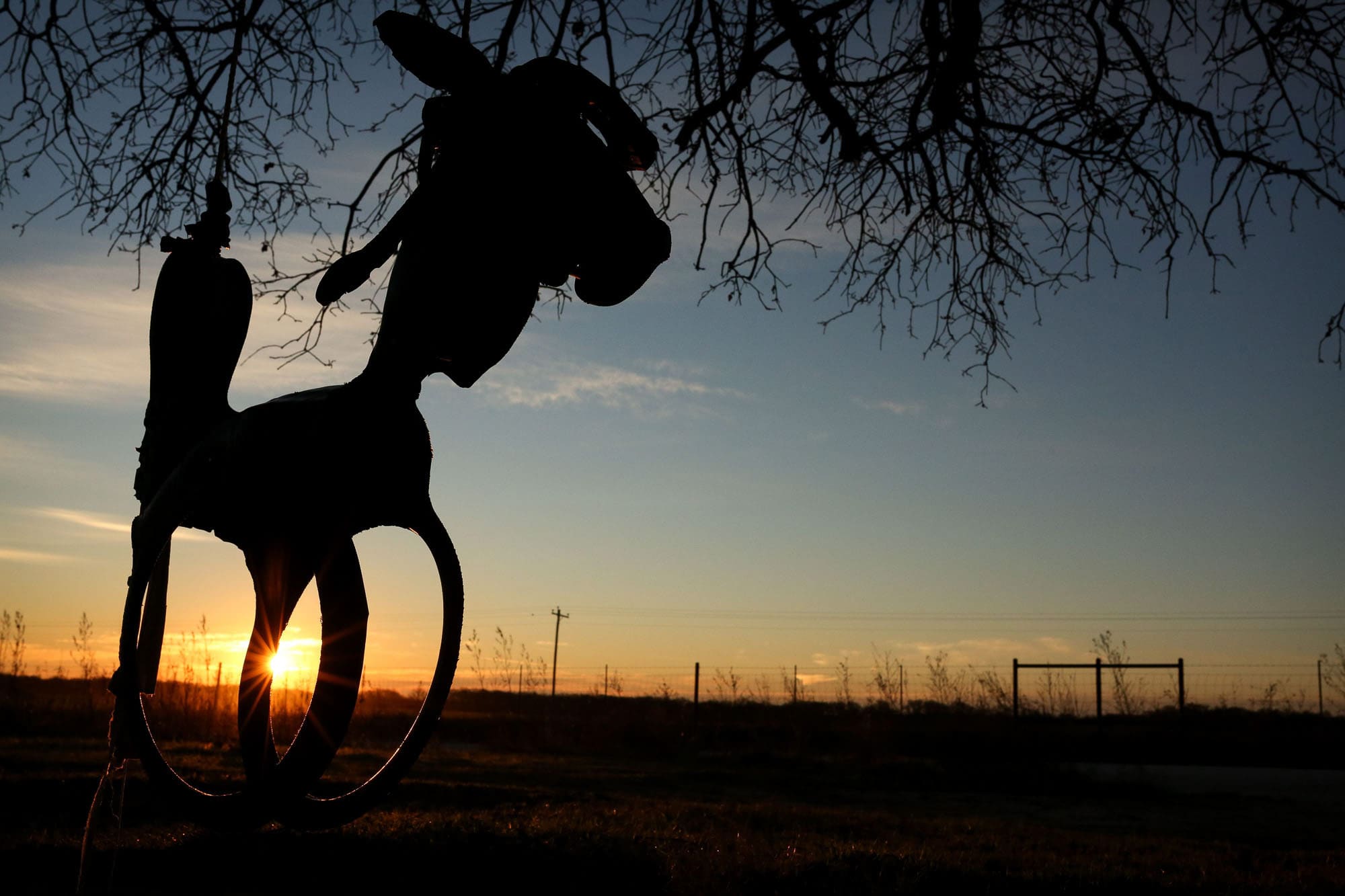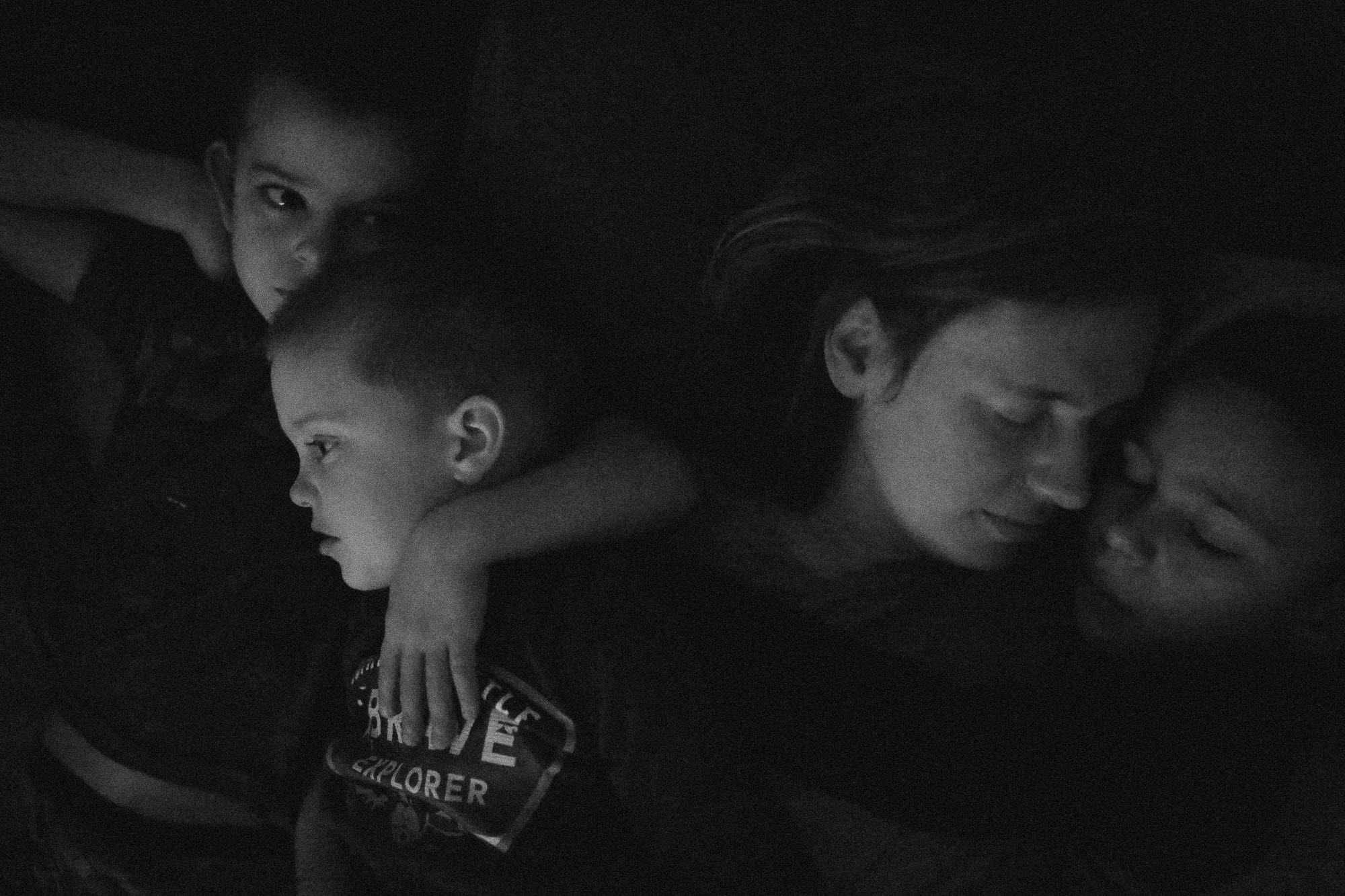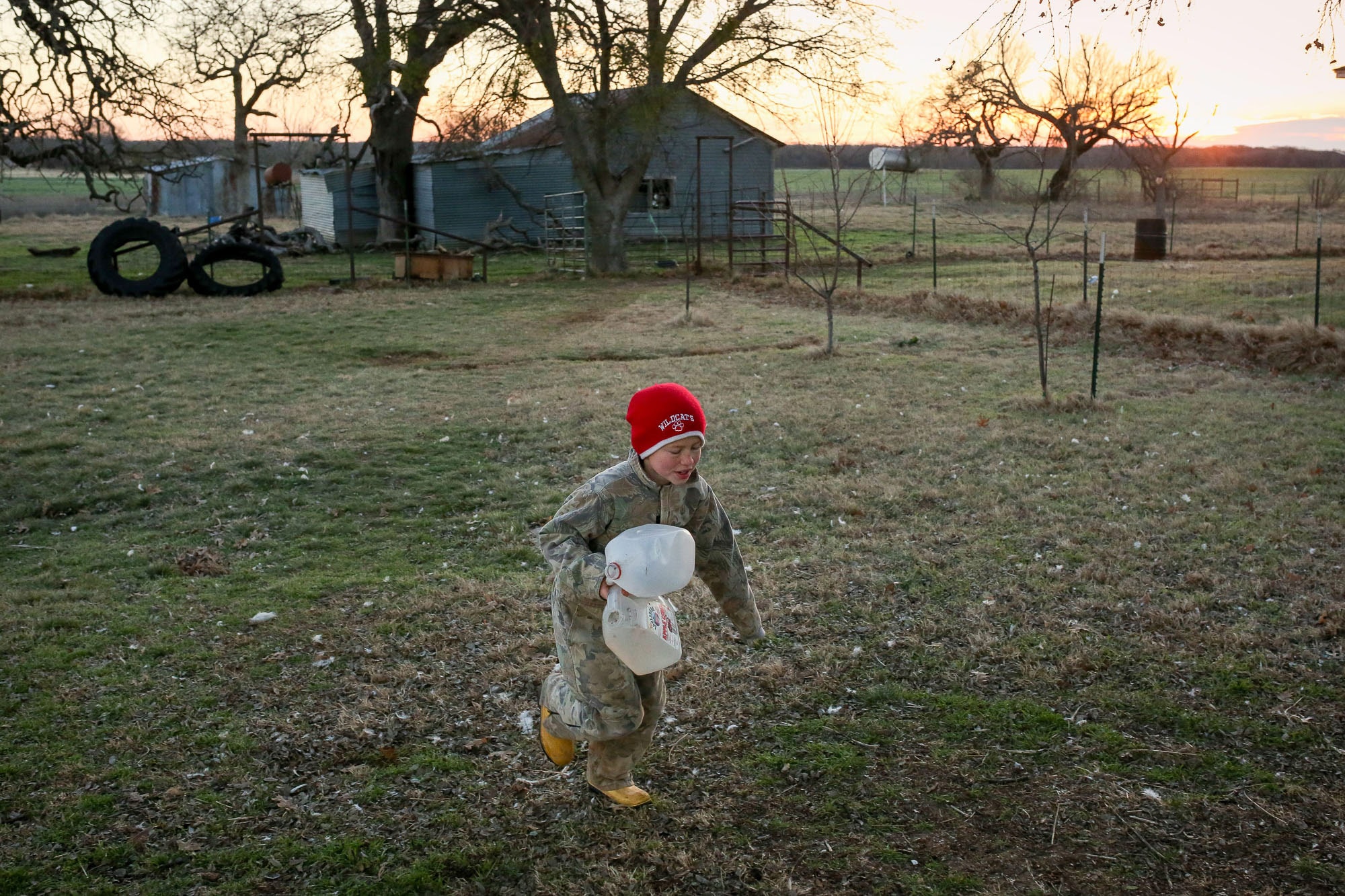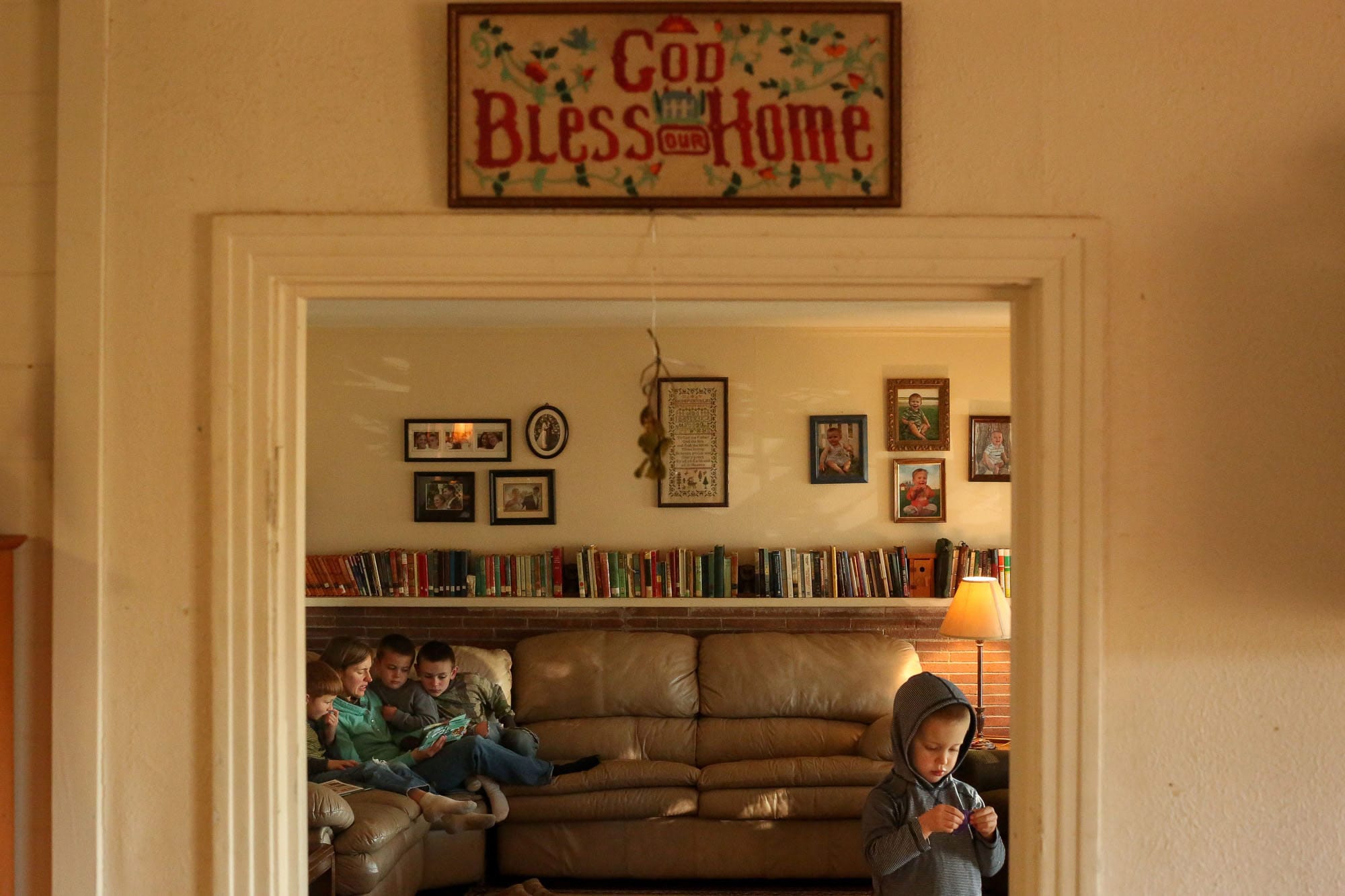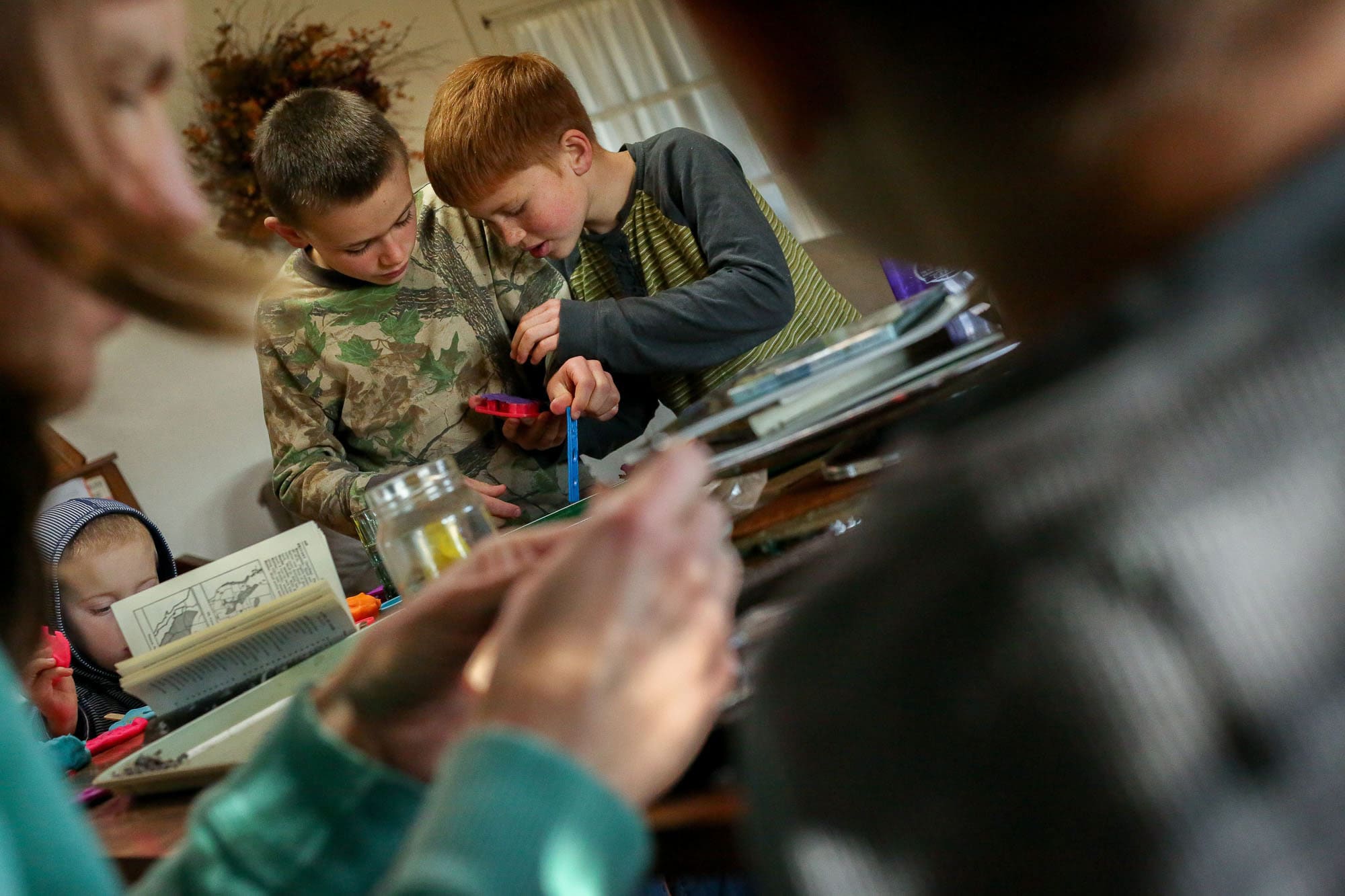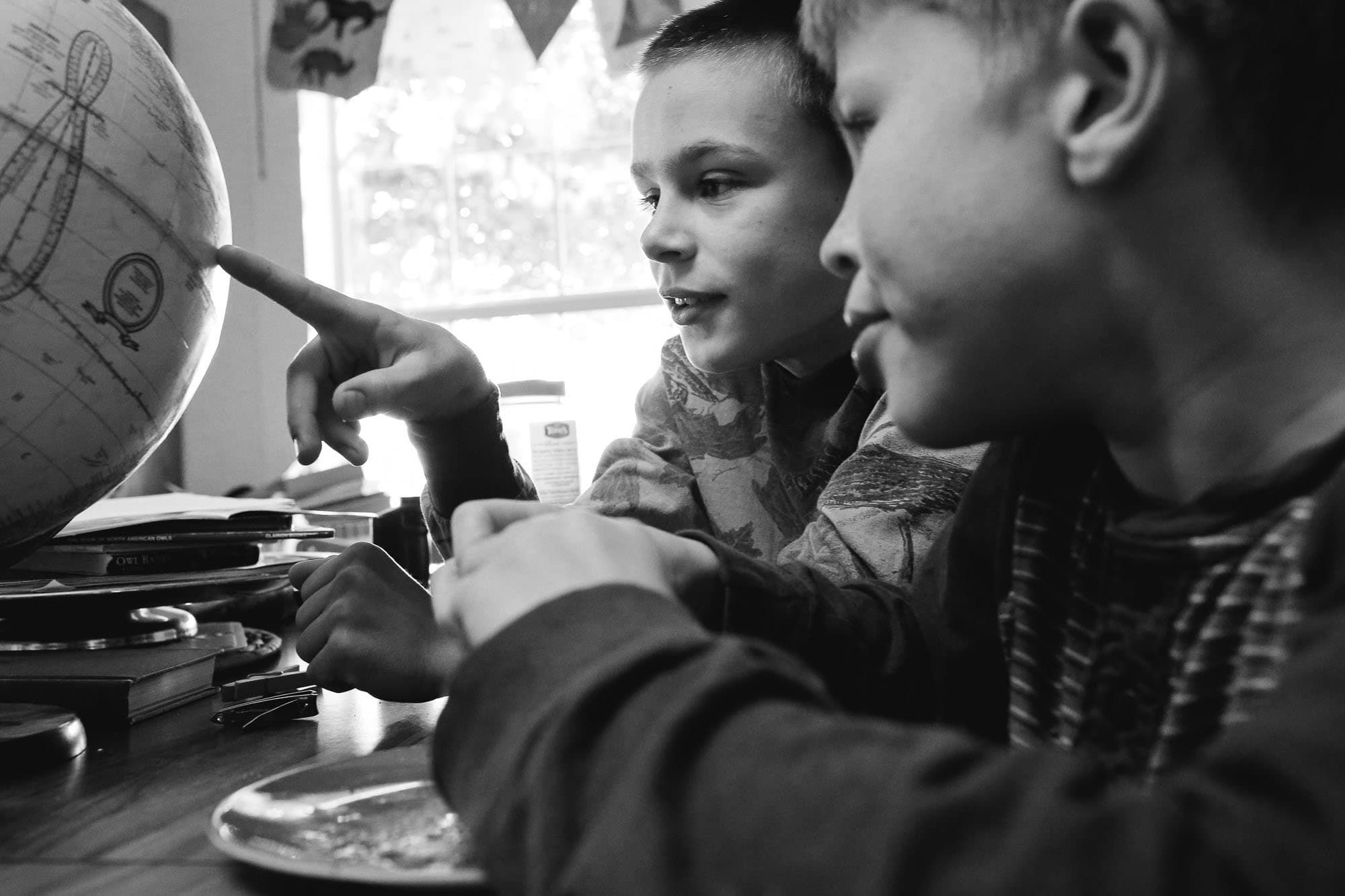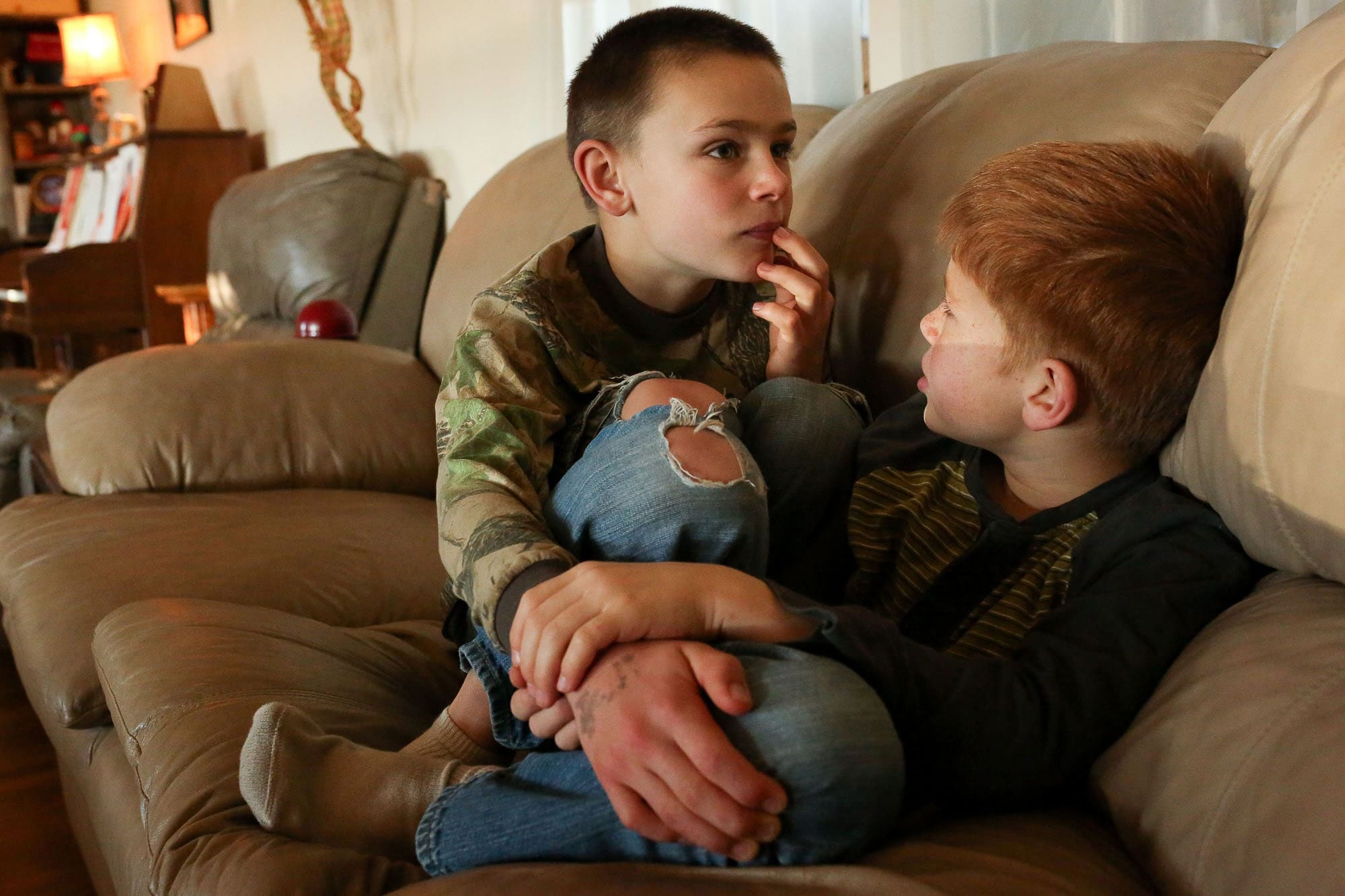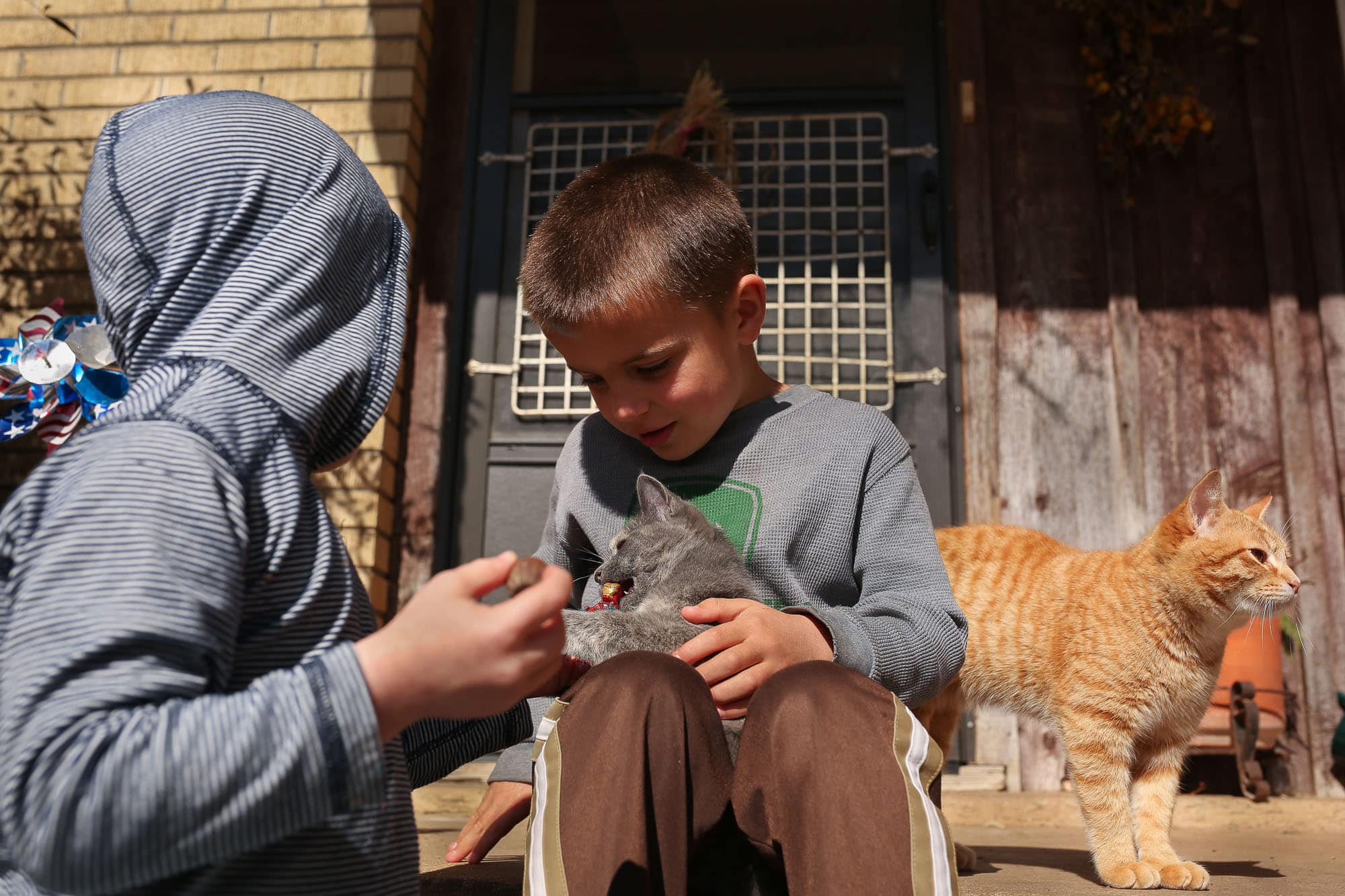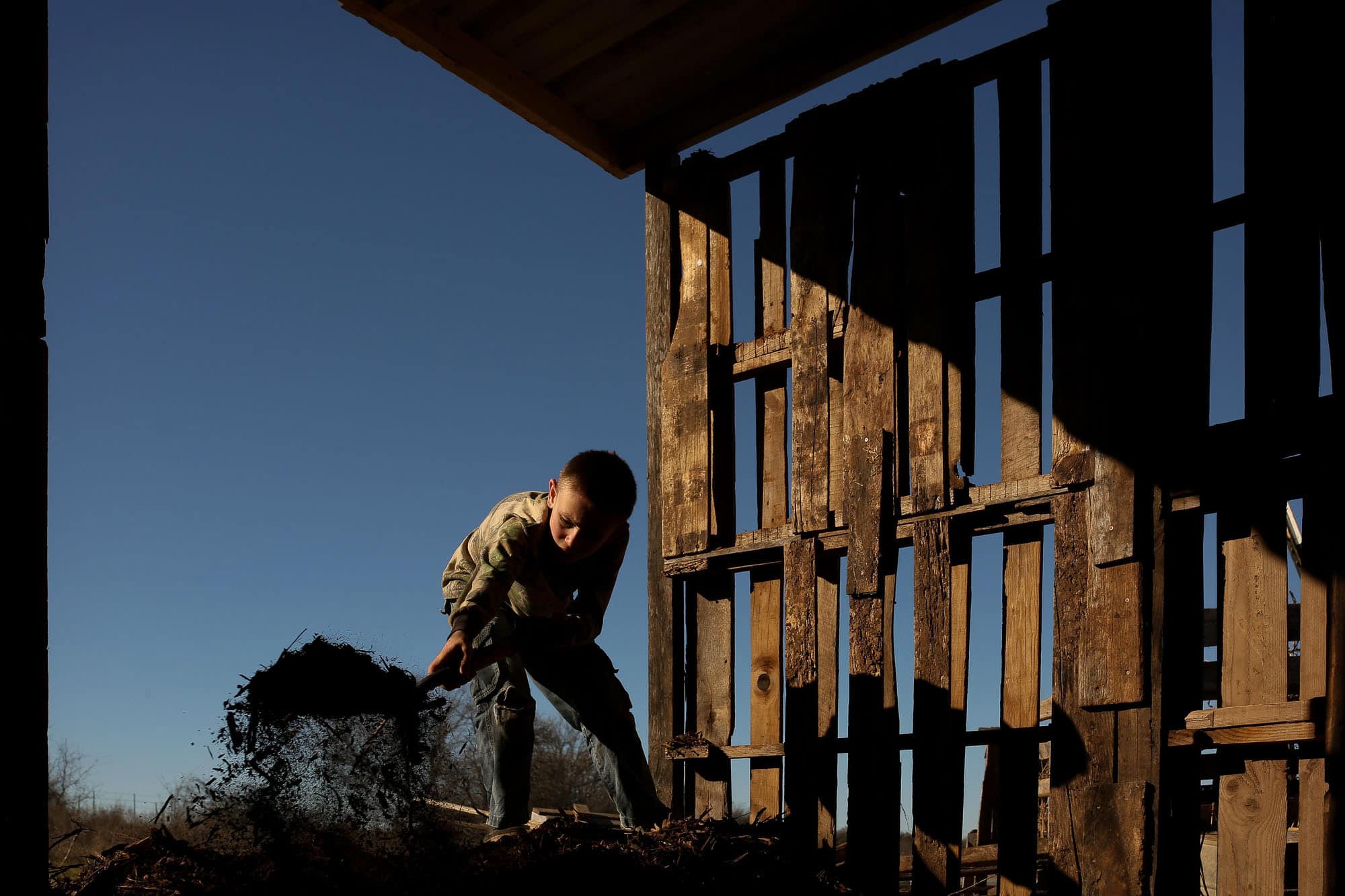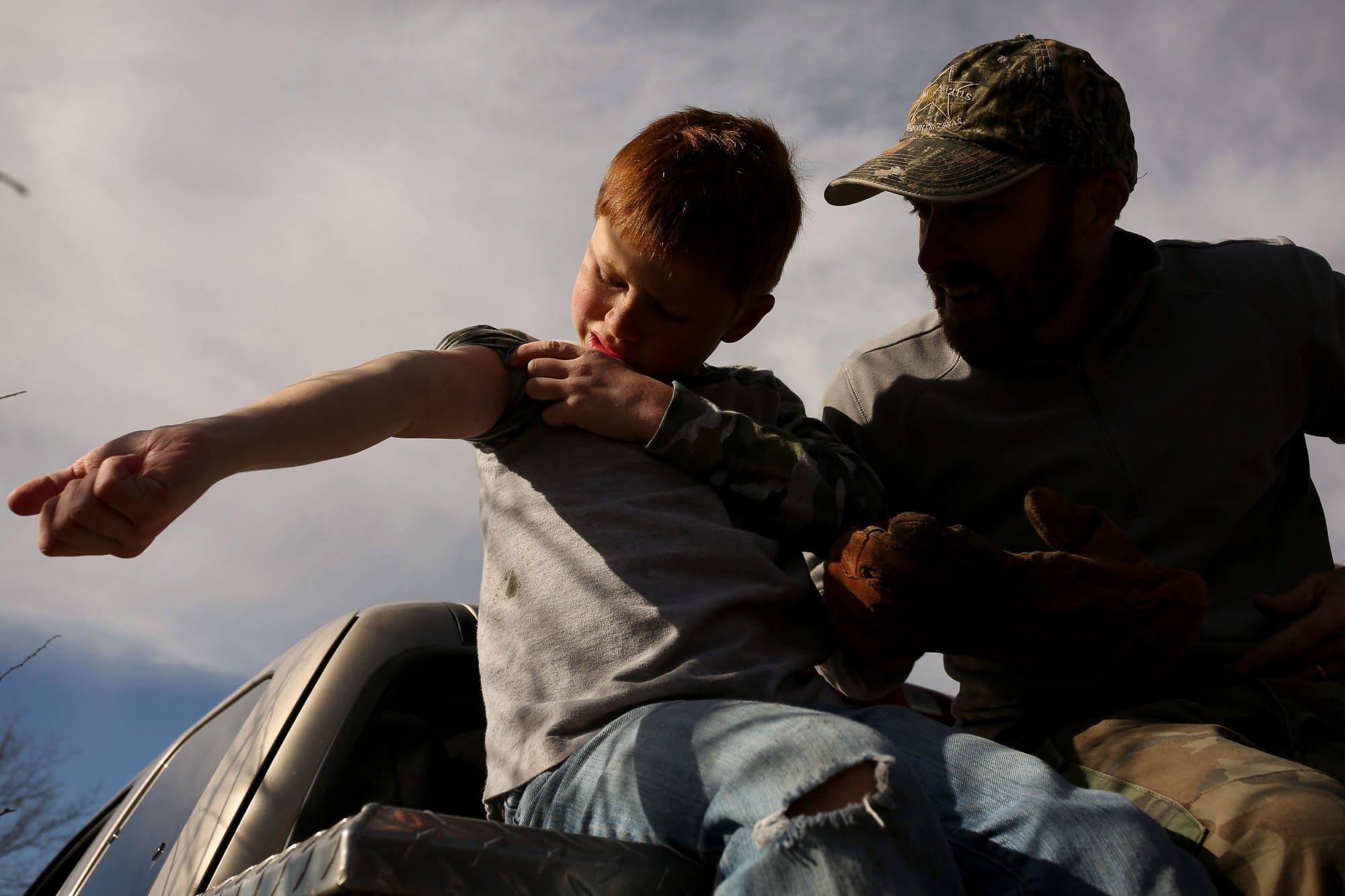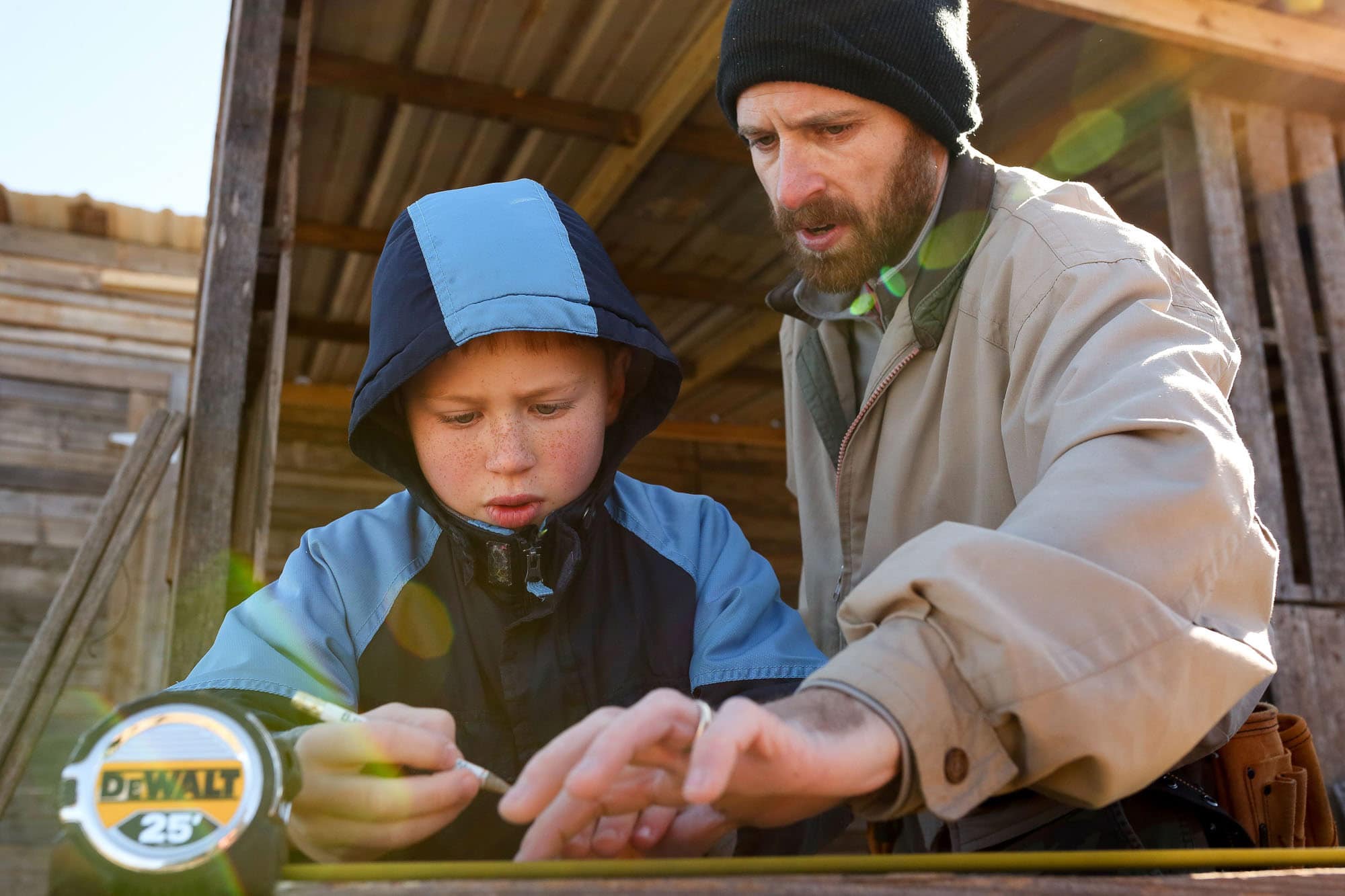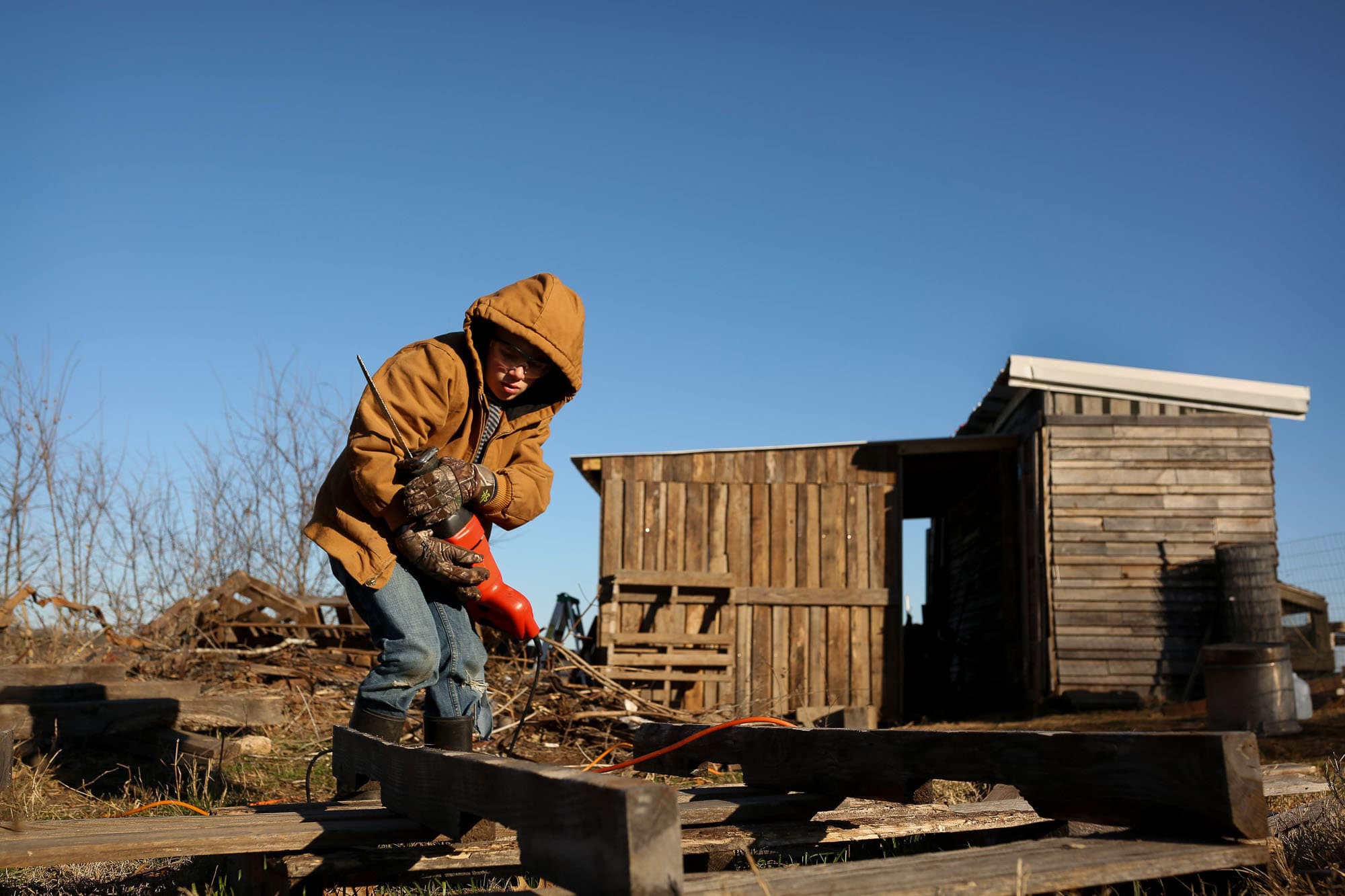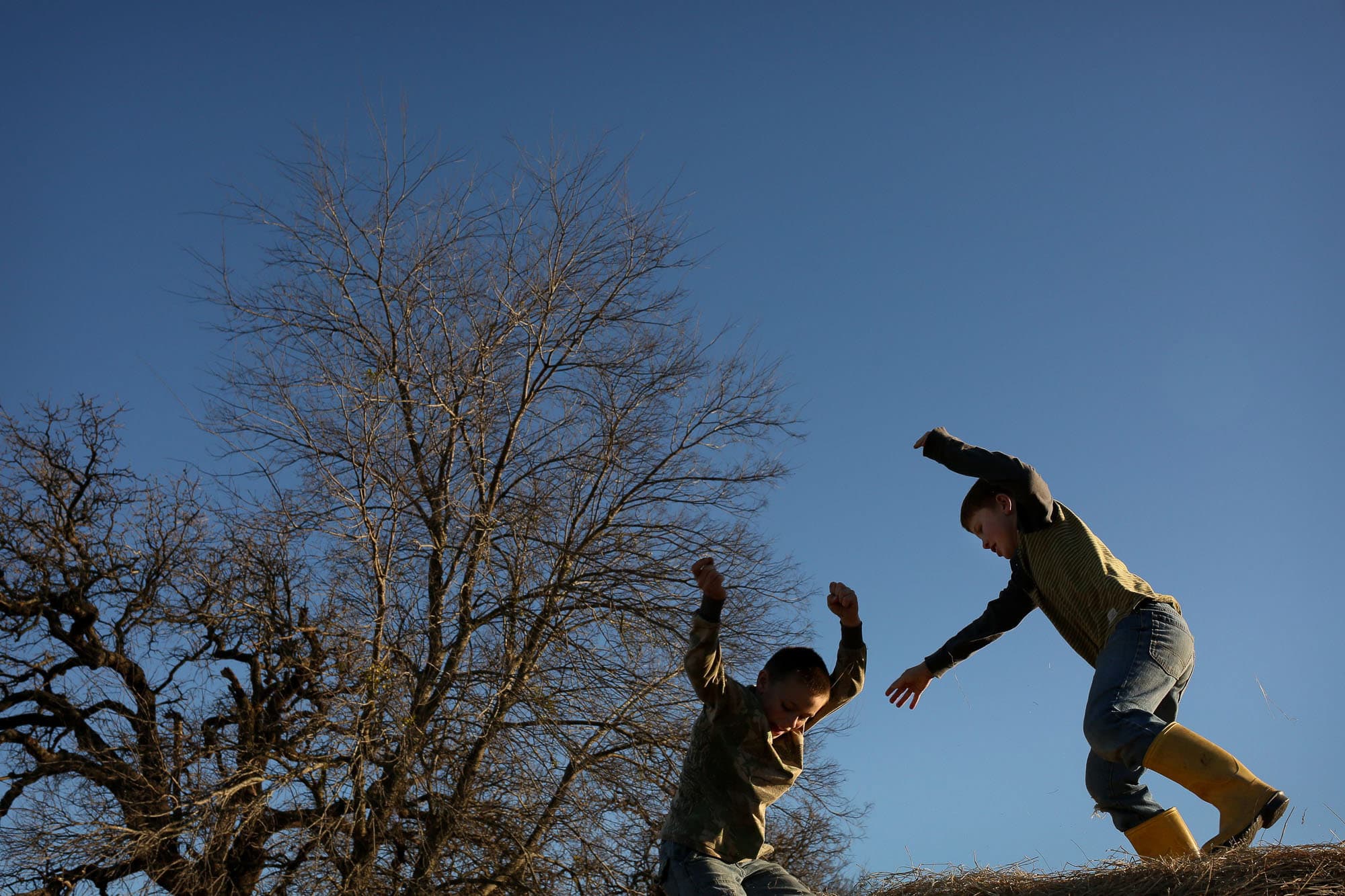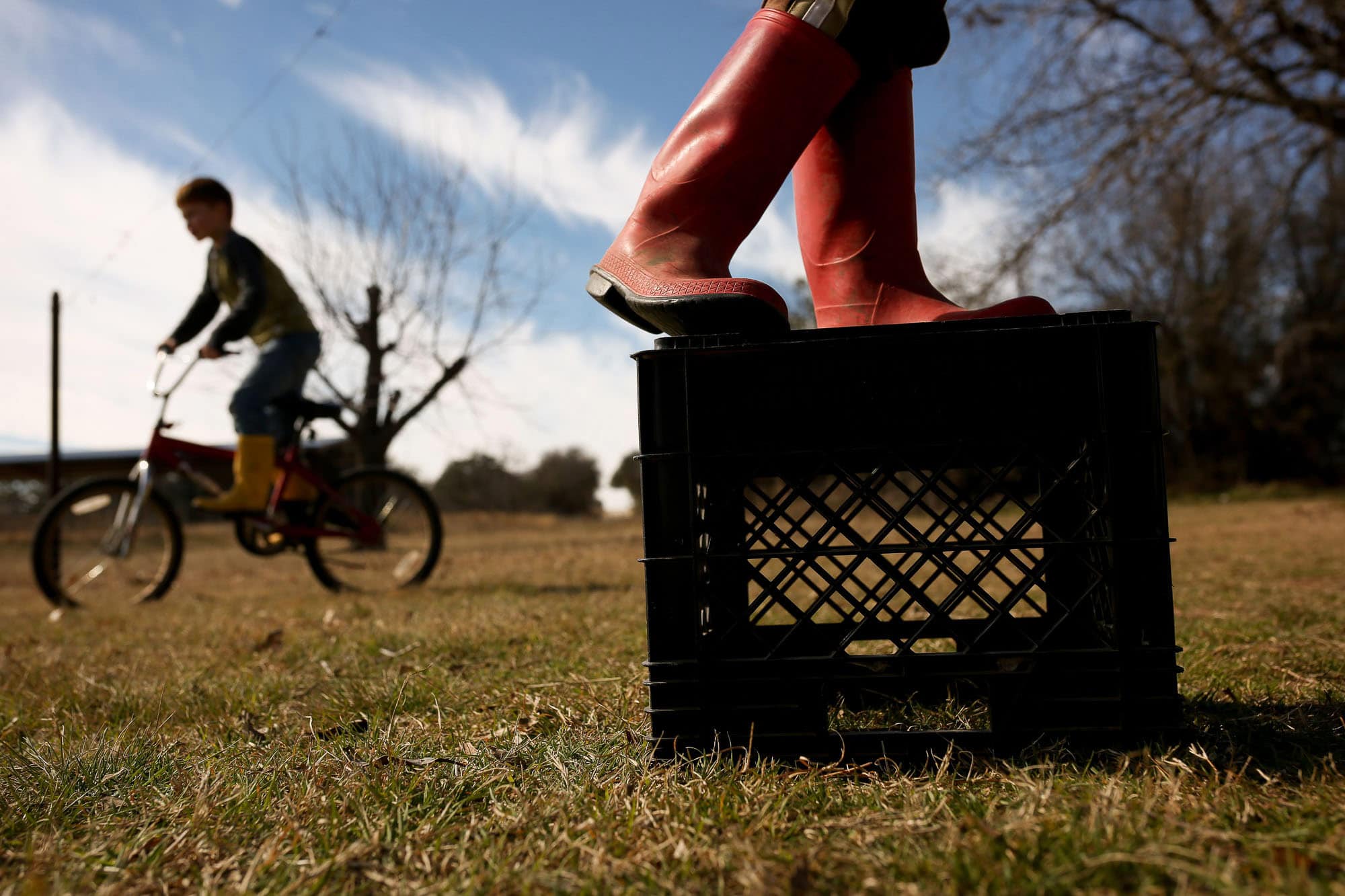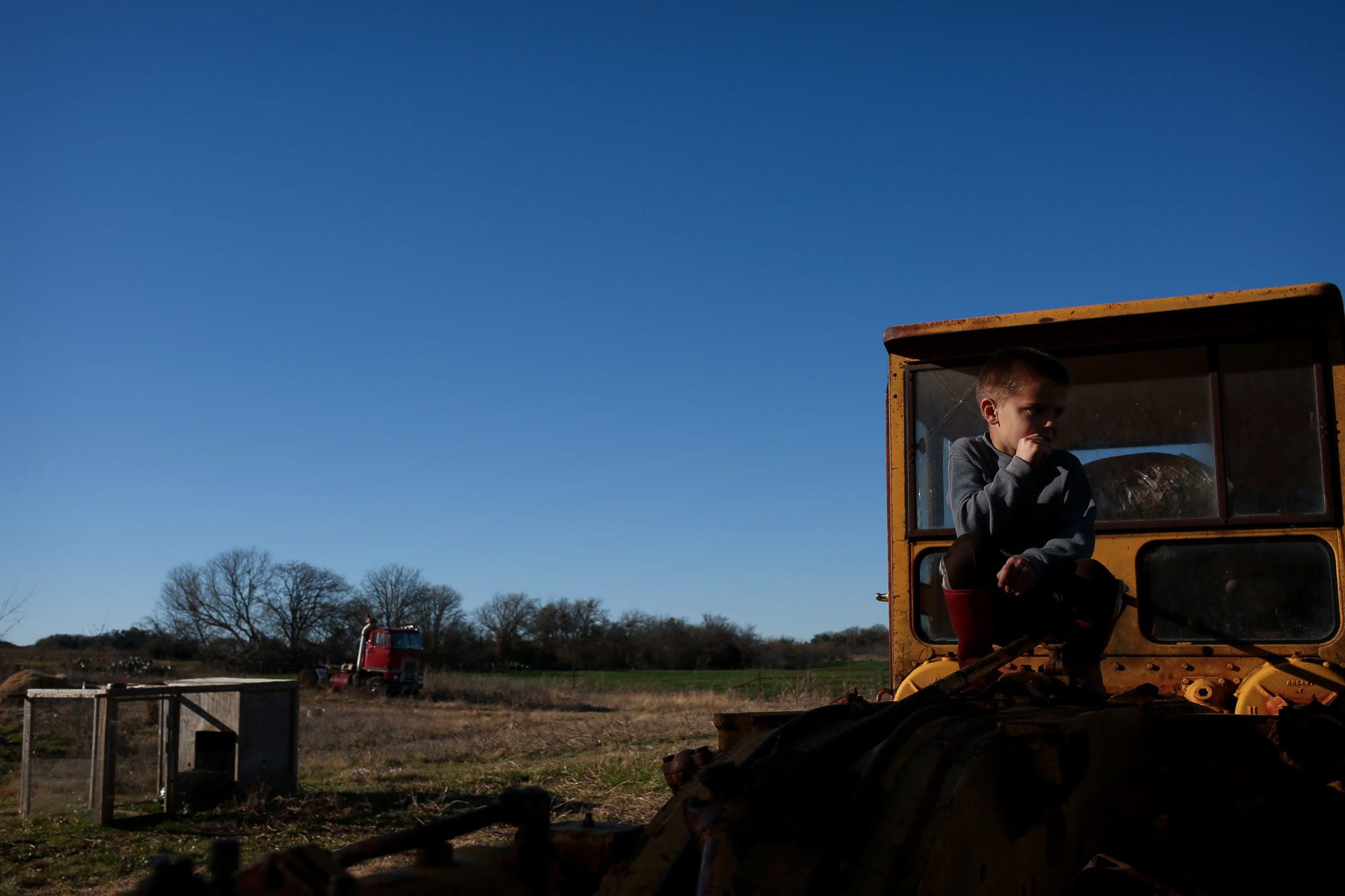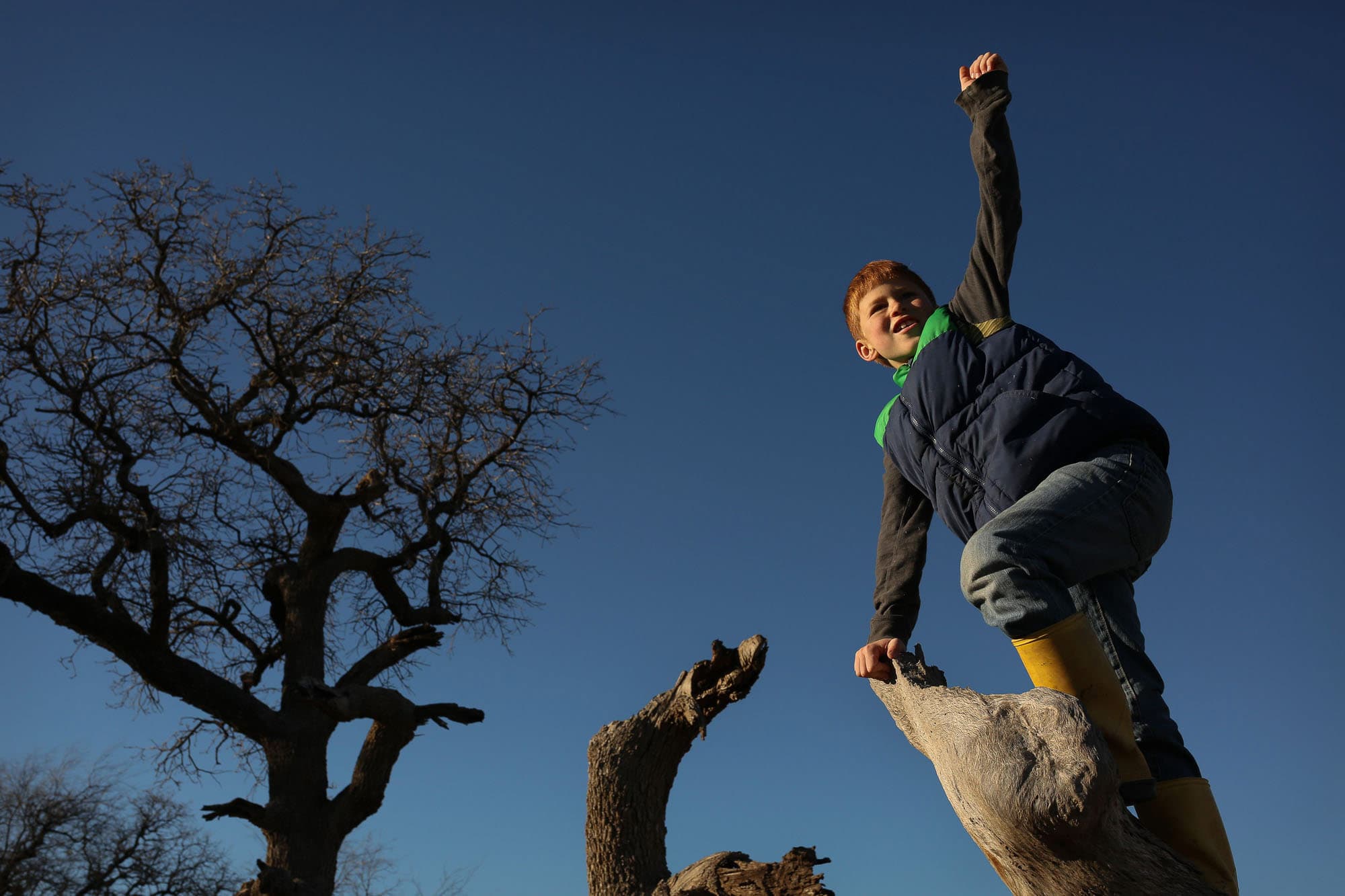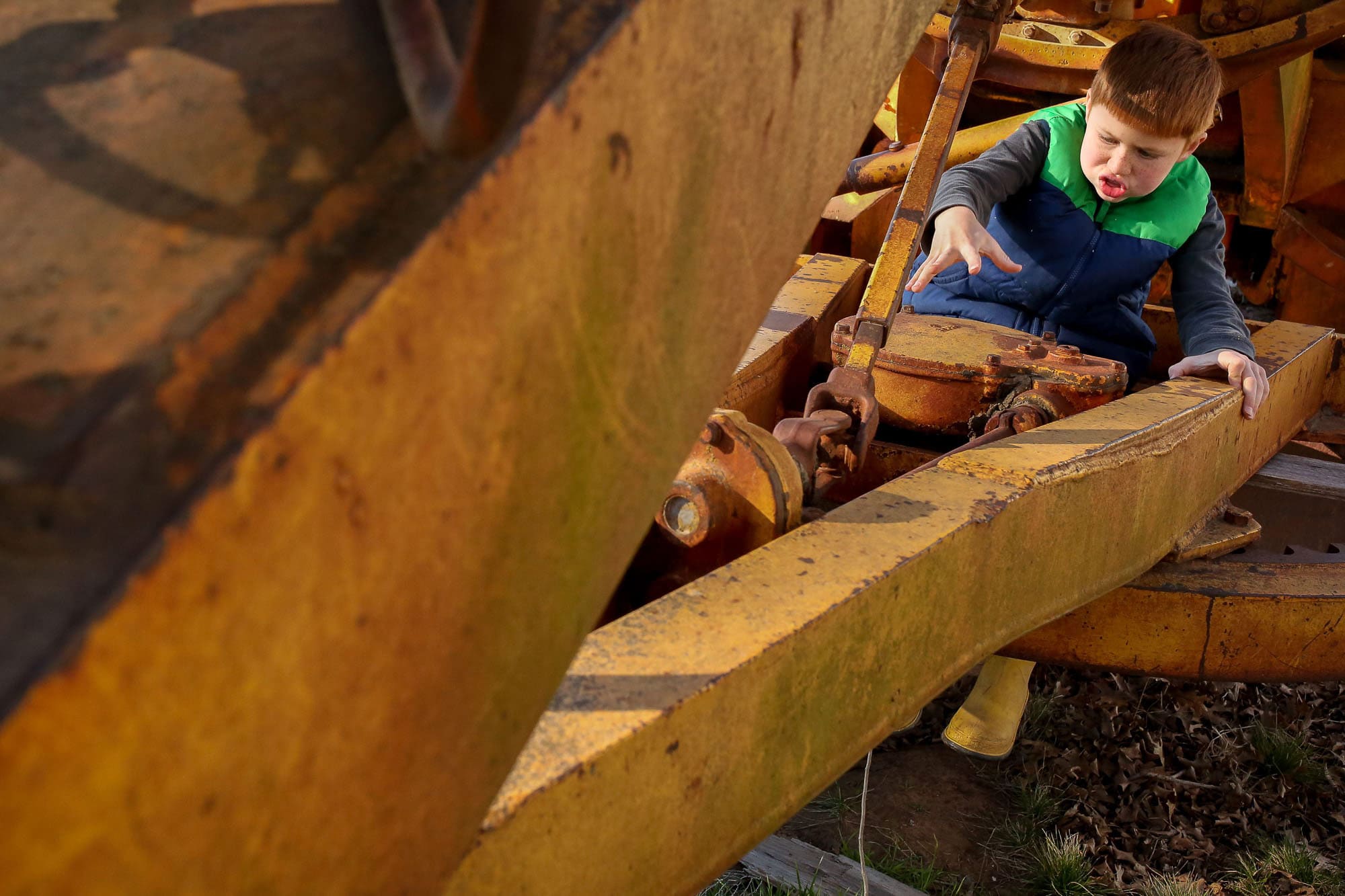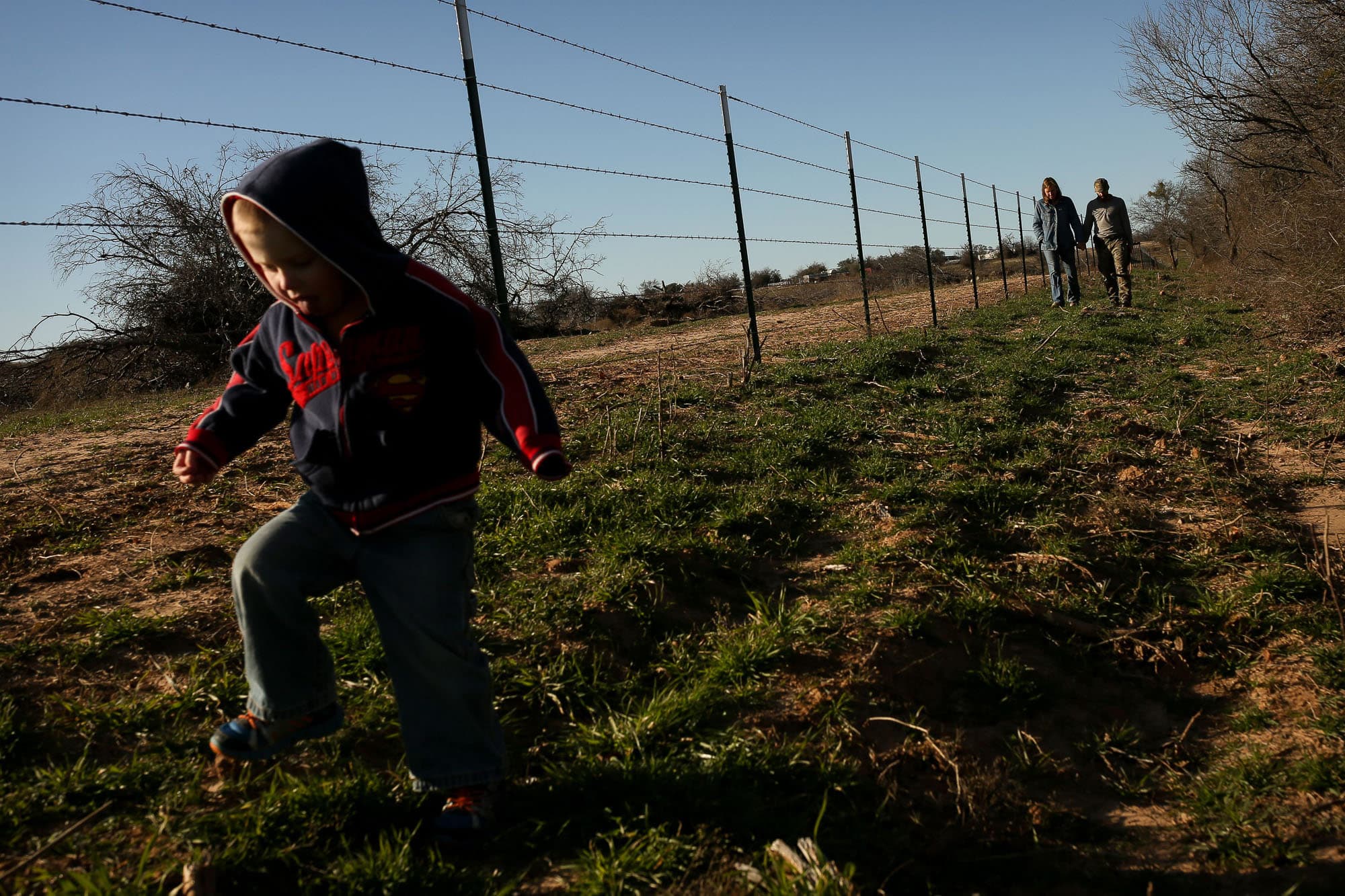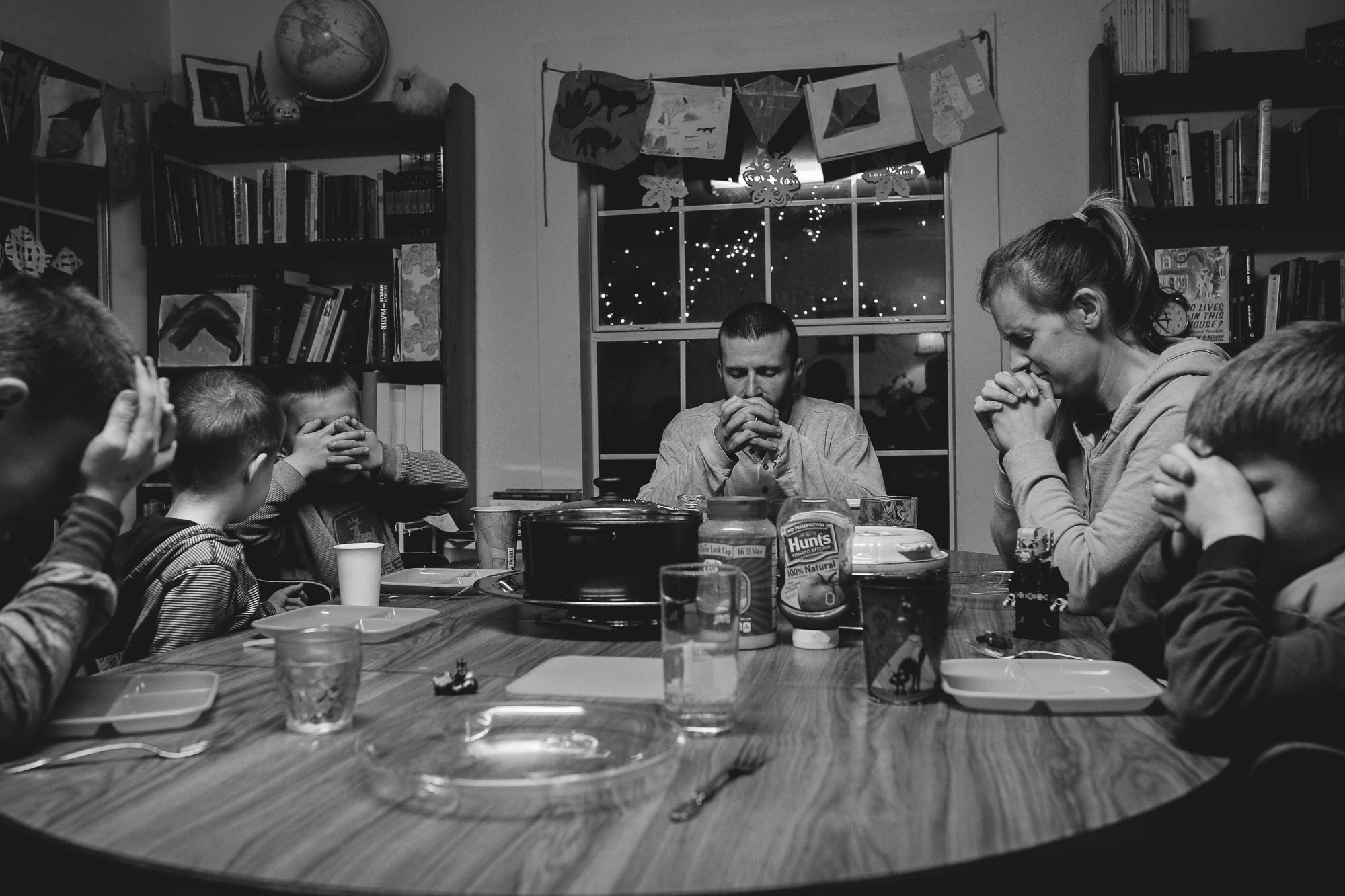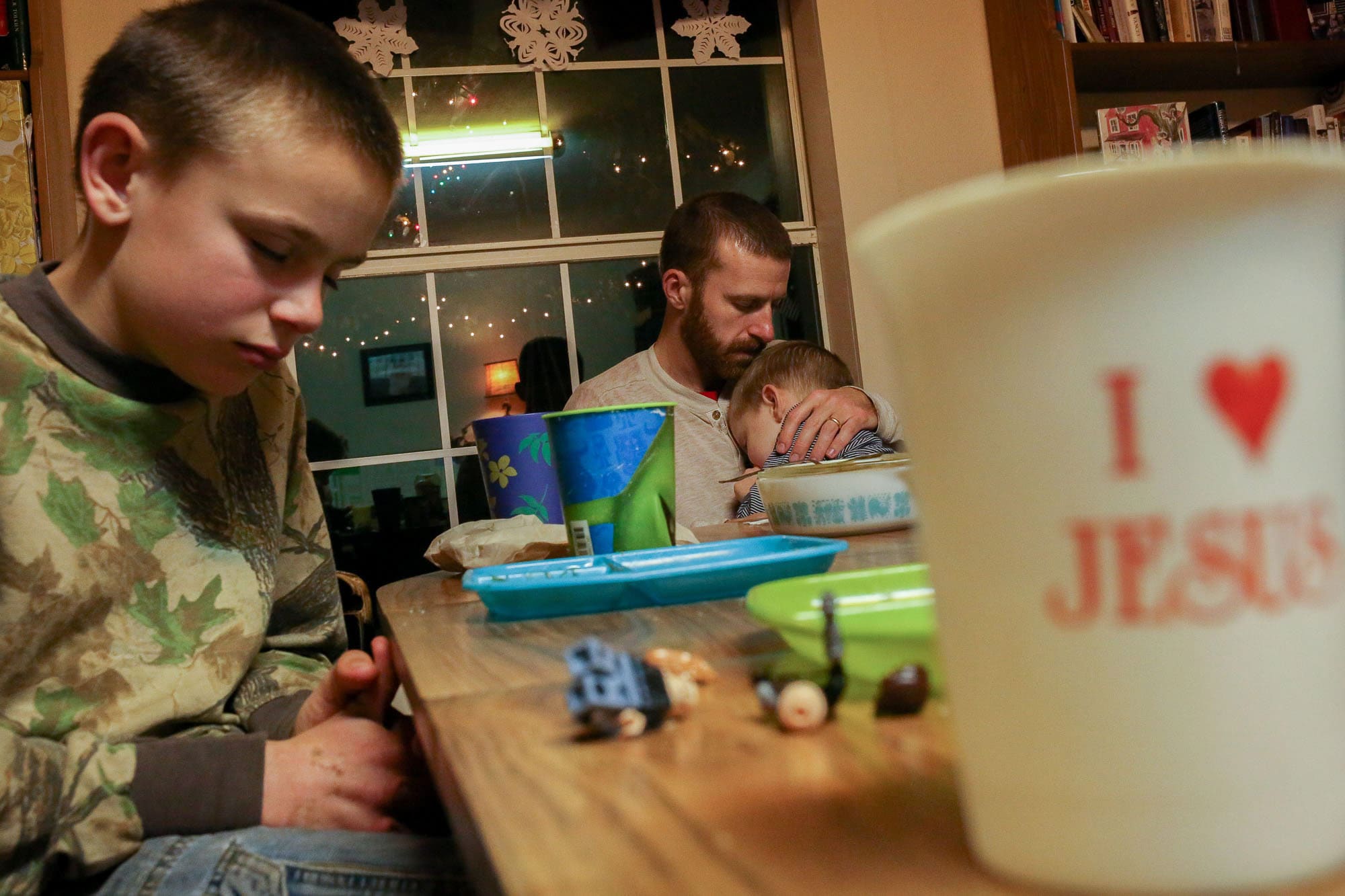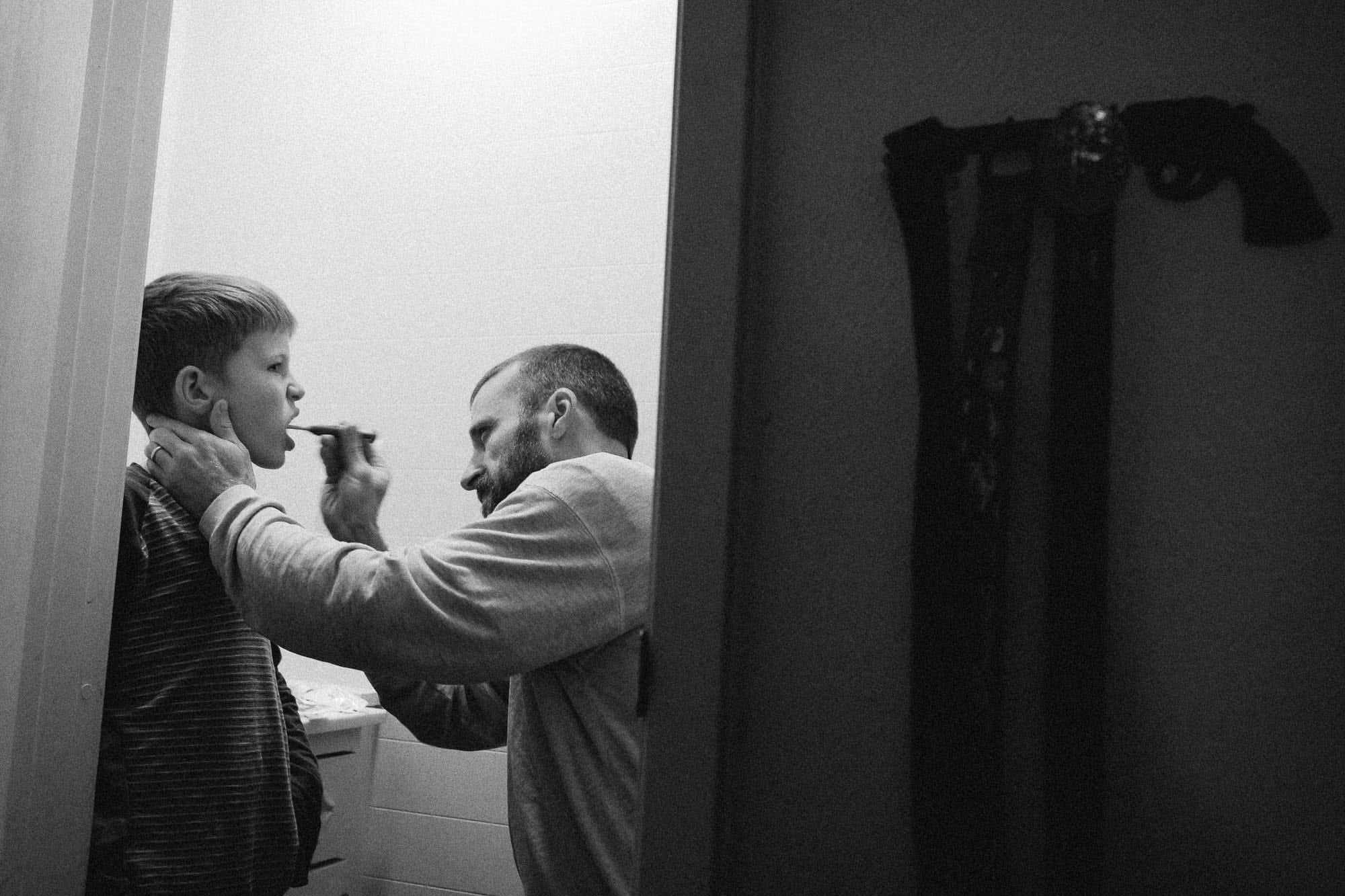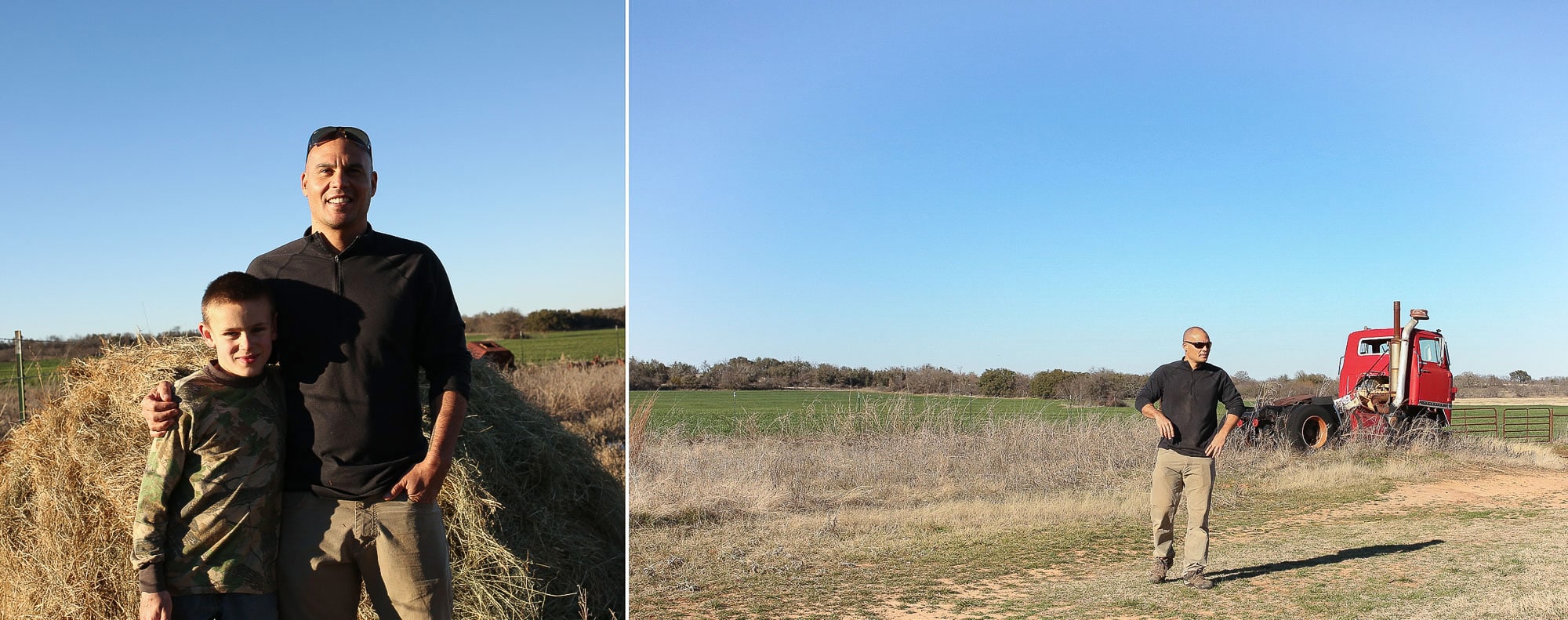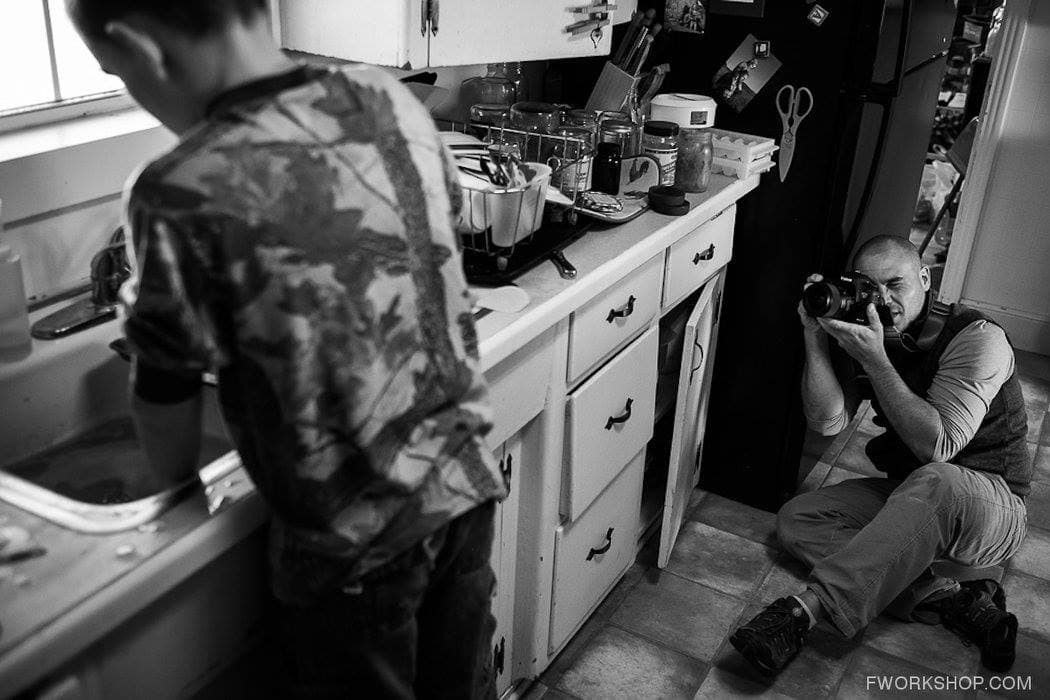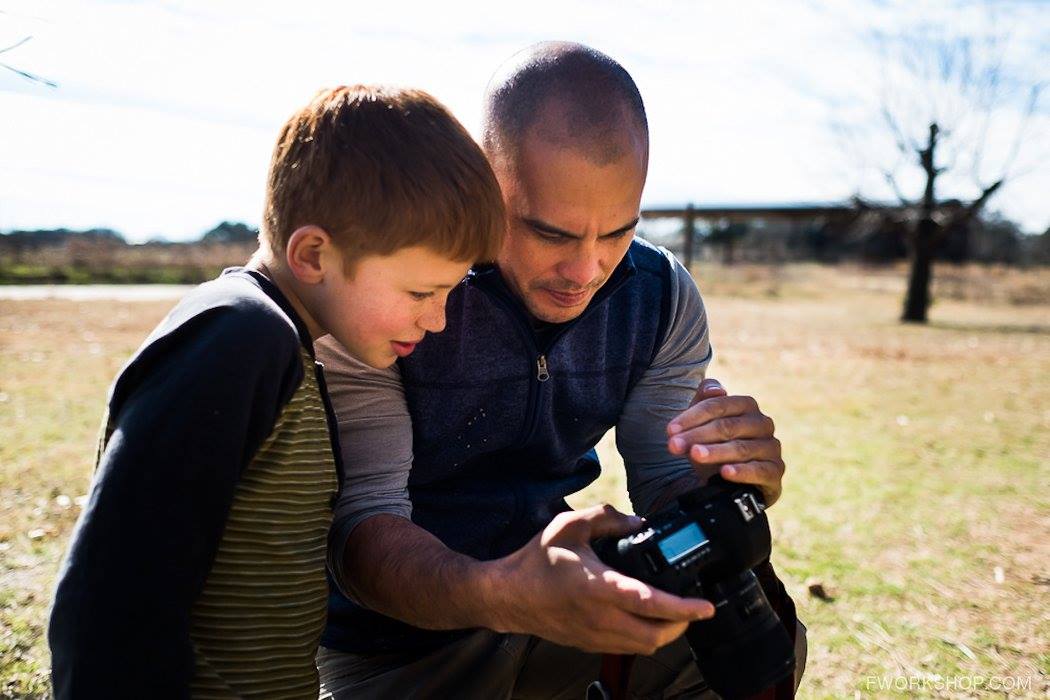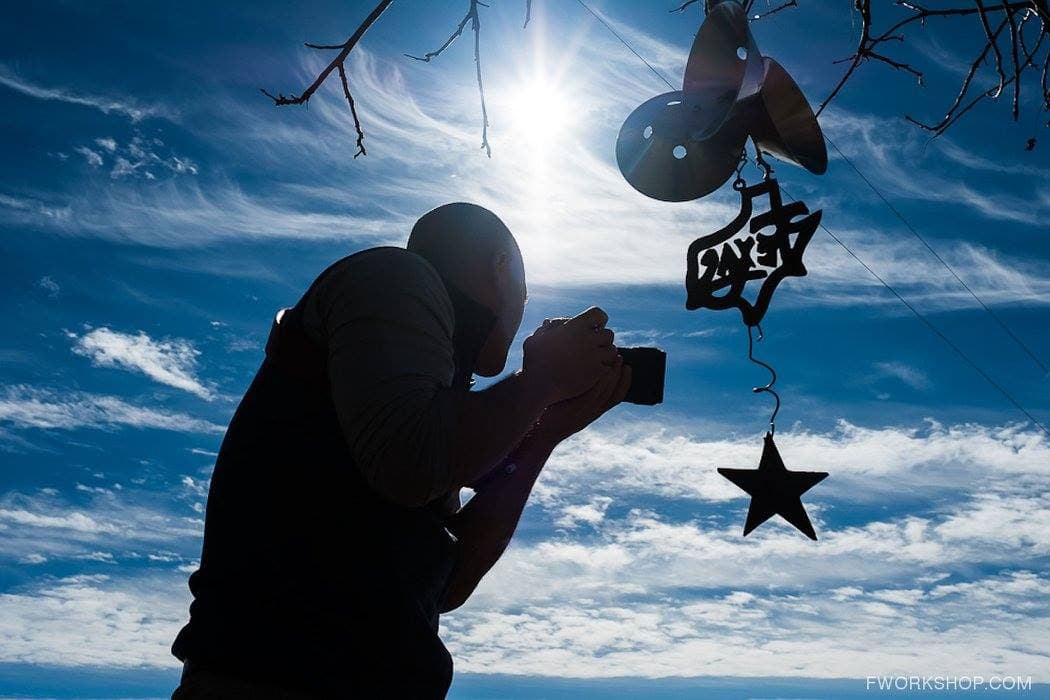Foundation Workshop for wedding photographers
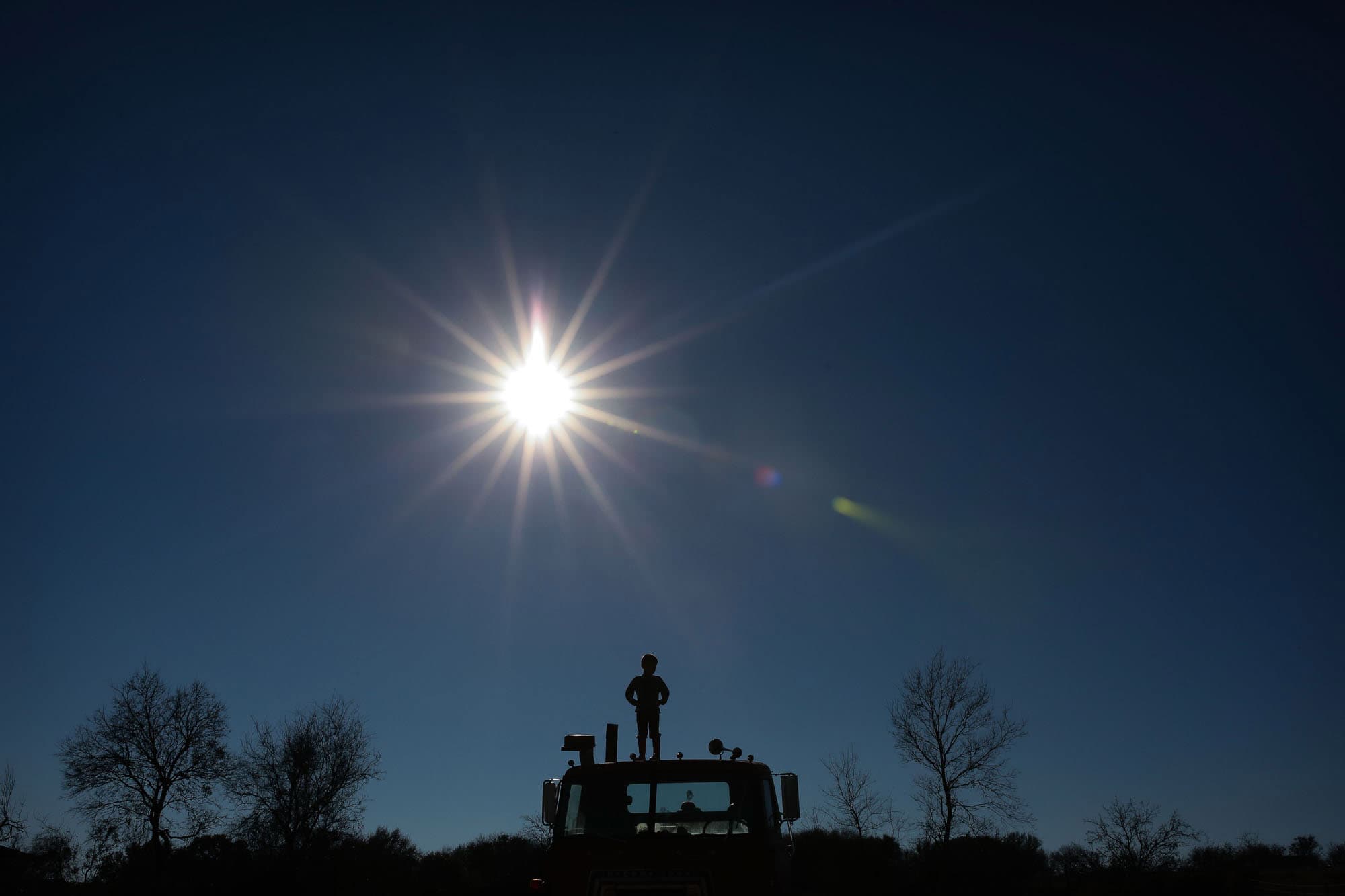
I’ve been wanting to write this post for a while, and now that a year and a half has passed it seems like the perfect time. In January 2017 I went to the Foundation Workshop, and it totally changed the way I see the world through my camera. Foundation Workshop is a project of Fearless Photographers and is held in a remote part of Texas and only accepts around 25 students per year. It is world renowned for being one of the most intense training for wedding photographers.
I had wanted to go to Foundation Workshop for five years but it wasn’t until a couple of winters ago that the stars finally aligned for me to attend. My goal in going to the workshop was to learn to see, think, and shoot differently and be able to tell a complete story with my unique point of view. Foundation Workshop teaches this through a journalistic or documentary approach to photography. This means not setting things up to happen for my camera but rather just being fully present and nonintrusive so that I can be right where the action is when moments happen.
To be clear, on a wedding day there is definitely a time for posed and set up photos. A wedding day can be thought of as broken up into sections:
- Getting Ready
- Ceremony
- Portraits with family and friends.
- Portraits of just the wedding couple
- Reception
The portrait sections of the wedding is definitely the time to get some amazing posed portraits. The wedding timeline is structured so that we photographers have the chance to get creative and explore gorgeous settings with our wedding couples. The rest of the day however, can be approached in a much more natural and unobtrusive way. Photographing these times of the wedding with a more documentary approach lets things unfold naturally and organically. When these magic moments happen the photographer will be ready and in the best position capture these feelings.
Foundation Workshop teaches these skills by giving each of the 25 students an “assignment”, or situation that the photographer documents over the course of two full days. This means the student arrives to the assignment and photographs the two days without setting anything up, or intruding in any way. The photographer is present, super friendly and personable but not allowed to influence anyone by asking someone to look at the camera, or turn towards the window, or even turn lights on or off in an environment. For me this was really hard to do at first. Sometimes I would feel like I am in the perfect spot, and if I could just ask someone to stand closer to the light it would be gold. Later, I learned that something cooler would just organically happen that was way better than what I had originally set up in my mind. I realized instead of staging things I should just focus on being in the very best spot to capture these moments.
My assignment was to photograph a rural Texan family. They turned out to be one top ten favorite families of all time. They were four brothers and their mom and dad. A typical day for them was waking up early and the kids doing chores like feeding the chickens and other animals. Afterwards, their mom would teach them classes in their home until the afternoon. These classes would consist of math and such, but also fun, very hands on projects like dissecting small rodent skeletons. The boys might have a couple more chores when class got out, but otherwise they would have plenty of free time to just run and play and explore their world.
It was such an honor to be able to photograph this family for two straight days, and such a challenge to try to capture all these little in between moments of daily life. One of the most important things Foundation taught me was to ask the questions “What does it feel like to be here? What is unique about this moment that will never happen again?” and then try to make photographs that say this. For me, growing up in a house with two older brothers, I could totally relate. So I really tried to shoot the brothers learning by exploration of the natural world, as well as times where they were just hanging out and sharing a moment together or with their mom and dad.
What I learned at Foundation Workshop is definitely some of the most challenging lessons I’ve learned in photography. Now a year and a half later, I feel that my photography is finally taking strides to show you how a wedding day feels, and not just how it looks. I’ve also been able to use all I’ve learned in my professional work.
